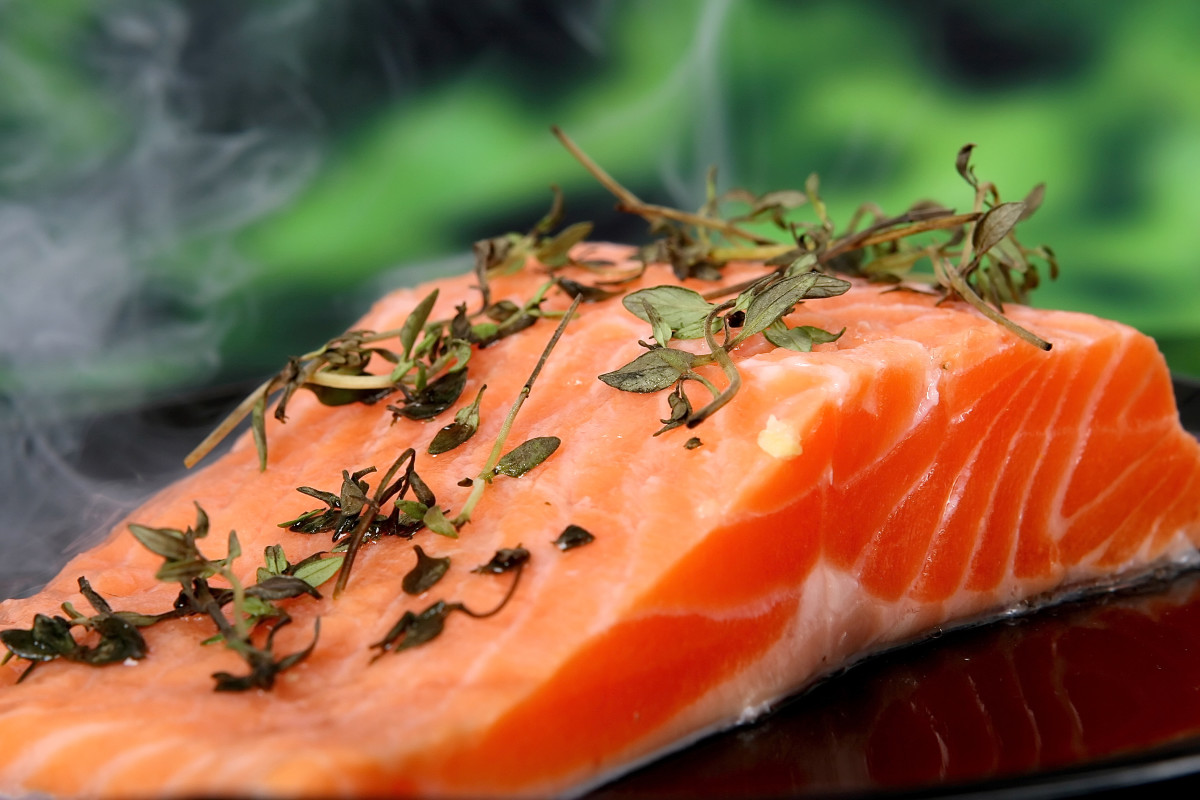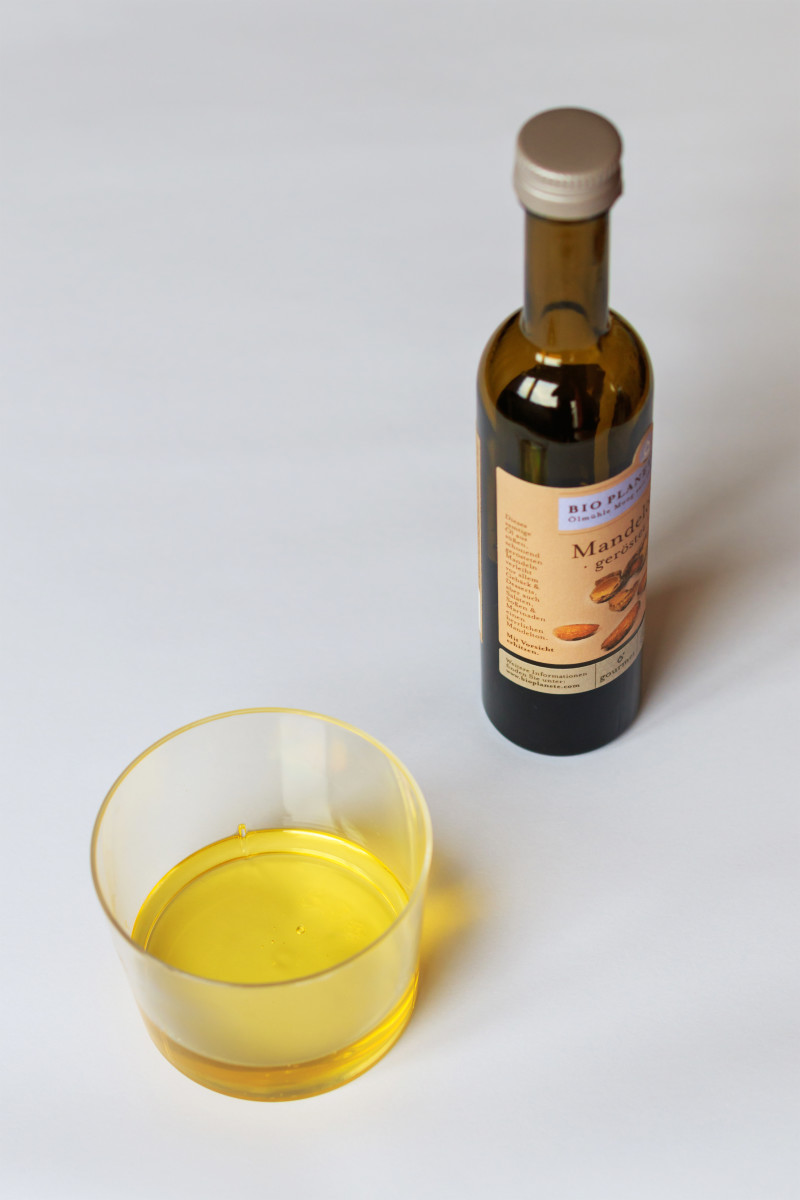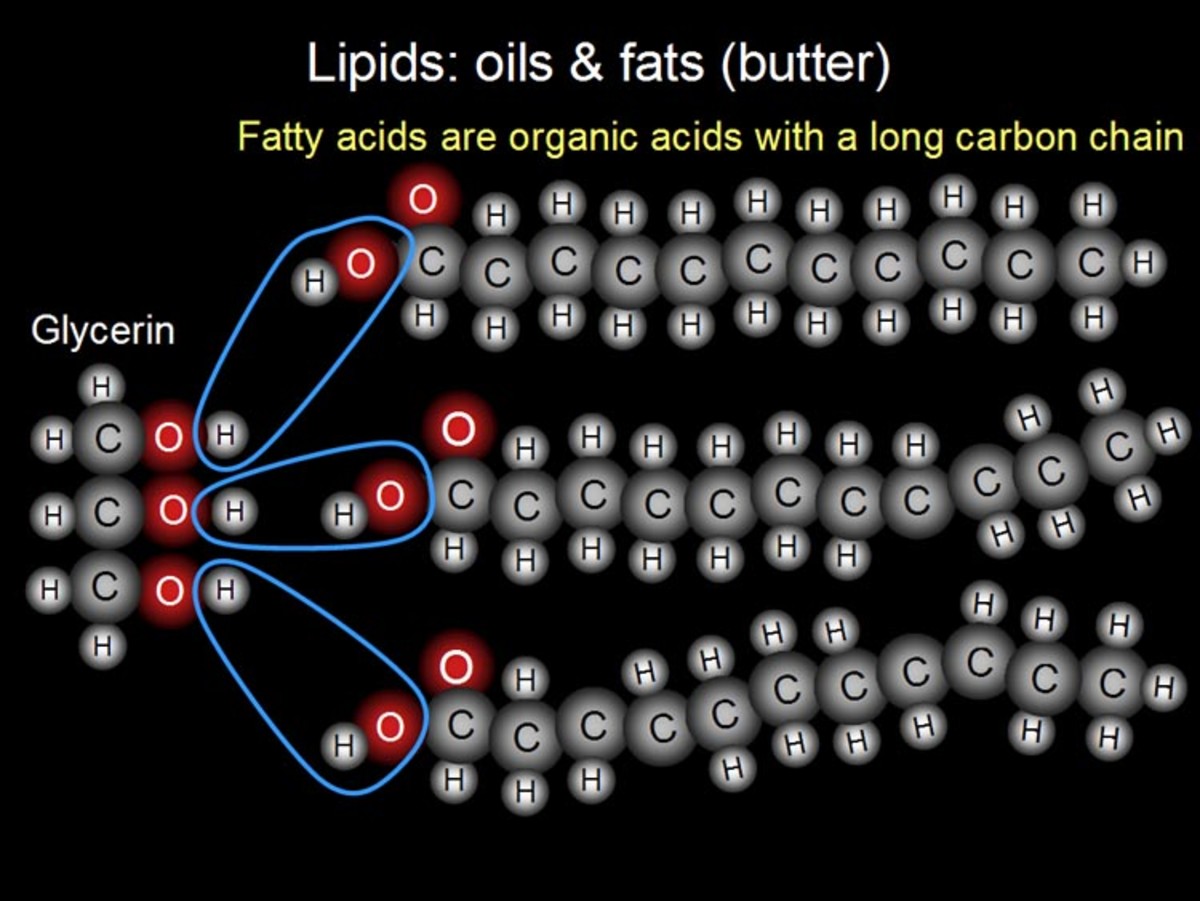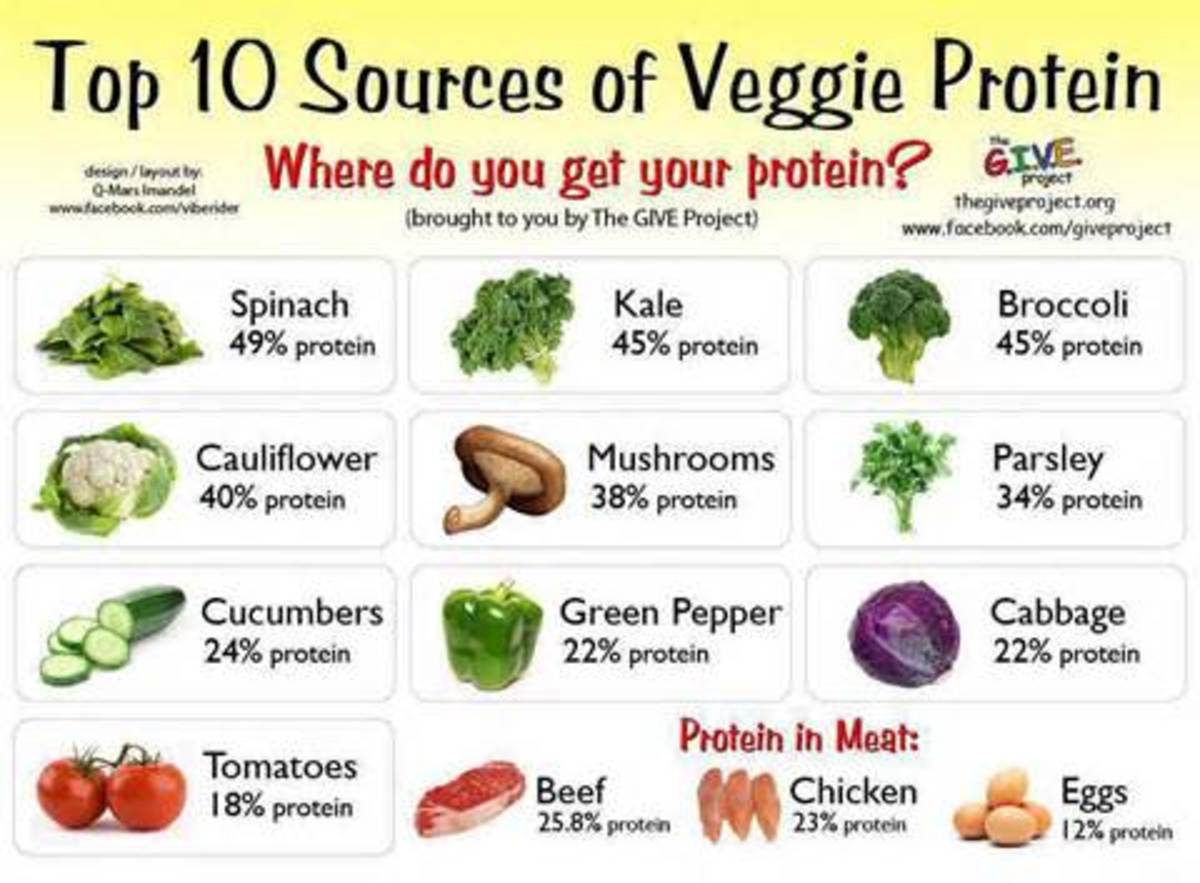The Importance of the Balance Between the Essential Fatty Acids(Omega 3 /Omega 6 Ratio)

Introduction
After a number of studies, it has been concluded that not fats are responsible for the different diseases and overweight associated with them, but rather their disbalance. Often this disbalance is in favour of saturated fats or one type of unsaturated fats, which in most cases is Omega 6. Here in this article we will review the importance of the balance between the essential fatty acids and specifically the Omega 3/Omega 6 ratio. In order get a better idea, we will begin with the basic classification of fats.
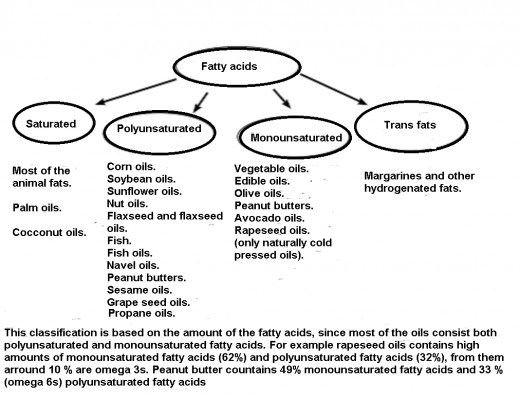
Classification of Fats
Fats are divided into two large groups:
Saturated fats
Saturated or "bad" fats, are simple single-chain fats, which makes them solid at room temperature. It is a largely recognized fact that big amounts of these fats are detrimental to health. Saturated fats are mainly from animal origin. Plant sources are coconut and palm oils. They are rich in "bad" cholesterol.
Unsaturated fats
Unsaturated fats are in liquid form at room temperature. In this group are the essential fats for the human organism. Usually, we call them "good", because they are low in cholesterol. Sources are the plant oils:
- Linseed oil.
- Sunflower oil.
- Corn oil.
- Navel oil.
- Saffron oil.
- Olive oil.
- Etc.
The main building blocks of fats and oils are the fatty acids. They are divided into three big categories:
- Unsaturated.
- Monounsaturated.
- Polyunsaturated.
- And one additional category-trans fats.
This classification is based on the number of hydrogen atoms in their molecule. It is important to know that trans fats are synthesized by hydrogation- a solidation of vegetable oils. During this process the essential fatty acids are converted into trans fats.
We need to talk about another category, namely cholesterol, which is a necessary precursor for the production of important hormones. It is a crystalline substance that is produced by all vertebrates. Cholesterol is a vital component of cell membranes and facilitates the transport and absorption of the fatty acids. Although the human body needs it, its excess leads to dangerous health effects. Cholesterol is present in the body in two forms:
- Low-density lipoprotein (LDL) or 'bad' cholesterol.
- High-density lipoprotein (HDL) or 'good' cholesterol.
It is the lipoproteins that transport cholesterol in the body. Basically, modern humans get cholesterol from yolks, fatty meats and full fat foods.
Monounsaturated fatty acids are "good" fats. They have one double strand and are liquid at room temperature. Olive oil and rapeseed oil contain a lot of monounsaturated fat. The essential fatty acids Omega-3 and Omega-6 are polyunsaturated. They are complex and important fats. The eicosapentaenoic and docosahexaenoic acids, contained in fish oil, have 5 to 6 double strands and are liquid at low temperatures. Furthermore, they are highly sensitive to heat and it is recommended to store them in the refrigerator to avoid oxidation. These fatty acids are not suitable for cooking.
Another group of fats - trans fats - can be natural or artificially created. For example, dairy products(from domestic animals like cows) contain natural fats. The artificial ones are obtained by hydrogenation and are very durable. For this reason, they are used in the food industry to extend the shelf life of products. Some experts define them as the worst fats and recommend to avoid them. For example, sweets, ice cream, fried durable foods, semi-finished products and more.
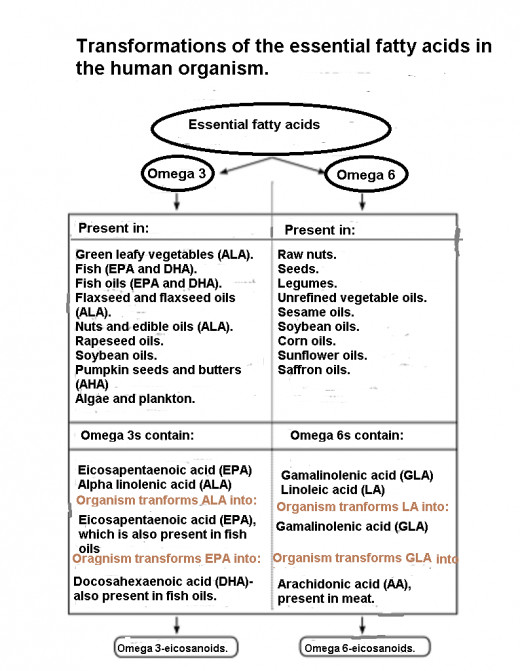
The Importance of the Essential Fatty Acids
There is one type of fatty acids, called essential ,since they are vital for our organism, health, growth, psyche and cannot be synthesized by the human body. The only way to get them is from the food. The essential fatty acids are present in form of vitamins F or polyunsaturated fatty acids. The last are necessary for the production of eicosanoids, which are important hormones for the human organism. It is believed that "good" eicosanoids are from the Omega 3 family, derivatives of eicosapentaenoic acid, and the " bad" are from the Omega 6 family, derivatives of arachidonic acid, which is from animal origin.
In order to balance these hormone-like substations, the body also needs a balanced supply of alphalinolenic (ALA) and linoleic acid (LA). And this, in turn, requires a balanced intake of foods and supplements, which are containing Omega-3 and Omega-6. Eicosanoids are necessary for:
- Our general health.
- The maintenance of important hormonal functions.
- Regulating the bloodstream pressure.
- Regulating the immune system.
- The pain sensation management.
- The correcting of our susceptibility to allergy and inflammation.
In addition, the essential fatty acids, held in polyunsaturated fats, and theirs proper balancing is a vital condition for the hormone-like chemicals that are synthesized by them-the prostaglandins. They:
- Act as a chemical intermediary and regulators of different processes in the organism.
- Participate in regulating the secretion of the hormones and enzymes.
- Are involved in the inflammatory response.
- Regulate the blood pressure and blood clotting.

The Lack of Balance between Omega 3 and Omega 6
Even these few facts alone are enough to show you what is going on in your body and that you get sick, because your food is full of animal fat or unsaturated Omega-6, and their ratio with Omega-3 is absolutely in favor of the first two. You begin to feel bad without reason, blood pressure begins to rise, heart beat is disturbed, which can lead to ischemic heart disease, heart failure crisis and even a stroke or heart attack as a result of the permanent atherosclerotic changes in the vessels. In milder cases, a person is tormented by headache, migraine, insomnia, depression, pain in the joints and muscles, various allergic conditions - from dermatitis to asthma, weight gain, increased sugar and diabetes, impaired concentration, mental distractions, difficult to remember, passing often to forgetting and ending with different forms of dementia or Alzheimer's disease, precancerous and cancerous conditions, infertility and impotence, etc. Most of these problems are so ingrained in the mind of people like "diseases of civilization" that it is difficult even for your doctor to associate them with Omega-3s and the impaired balance between the essential fatty acids.
But you already know and can help yourself, by adjusting your diet and reduce the amount of saturated fat, exclude trans fats, consume foods rich in Omega-3 (fish, nuts, green leafy vegetables), use for culinary purposes mostly monounsaturated oils - olive oil and rapeseed oil, and most importantly to get flaxseed oil supplements daily, which guarantees you balanced levels of the essential fatty acids Omega-3, Omega-6 and Omega-9. Finally, remember to include cereals, rice, legumes, fruits and vegetables, chicken and lean meat, eggs once a week, wine - foods that will supply you with the necessary vitamins and antioxidants.

Avoid Exposing the Essential Fatty Acids to Heat
To meet the body 's needs of essential fatty acids, they should be consumed pure, in liquid form or as a nutritional supplement, without being exposed to heat. The heat not only destroys them, but also leads to the formation of free radicals from the oxidation. And this, as we know, hurt and ages the body. If the oils containing essential fatty acids are hydrogenated to be converted into margarine, then the linolenic acid, the most important and necessary for the organism, turns into trans fatty acids, which are harmful to us.

The Irreplaceable Fatty Acids
It is important to know that alphalinolenic acid contained in Omega-3 and linoleic acid in Omega-6 are irreplaceable, while the rest of the essential fatty acids can be synthesized from them. Therefore, if there is not enough amount of these two acids in the body (Omega- 3 and Omega-6), the rest of the essential fatty acids cannot be synthesized. Another essential moment is their correct ratio, i.e quantity- your two essential fatty acids have to be balanced. As the one fatty acid is supplied from Omega-3 and the other is from Omega-6, the most important in this case is the balance between their intake. The two acids ratio is essential for optimal health. Since the oils, containing Omega-3s are unresistant to heat and they will not be long lasting in light, people use in daily life for culinary purposes oils that can withstand heat. And most of them are sunflower and soybean oils, animal oils, etc. But they mostly contain Omega-6 fatty acids and the balance between the two major essential fatty acids is impaired and thus the balance between alphalinol and linoleic acid required for the synthesis of other fatty acids in the body

More Evidences for the Importance of the Balance between Omega 3 and Omega 6
Long-chain fatty acids, eicosapentaenoic acid and docosahexaenoic acid, are mainly from animal origin and are supplied to the body with seafood, especially fat fish. For the human body and brain, the consumption of these fatty acids is very important due to the constant imbalance between Omega-3s and Omega-6s, in the benefit of the last.
The body and brain need fish oil in order to neutralize the effect of too much Omega-6, which can lead to inflammation, agitation, irritations and various diseases. And as you know, many people don't include enough fish in their menu and consume too much Omega-6 (meat, sunflower and soybean oil).
Brain cell membranes have been proven to contain large amounts of Omega-3 fatty acids, which facilitate their functions. If they are missing, cells will use another type of fat, for example saturated (animal) fats, but in this way they will not work properly. Particularly important for the brain is the docosahexanoic acid contained in brain cells membranes and eye retina. If the embryo does not get enough of it, it can damage the eyes and brain function. Half of fat in brain cells contains docosahexanoic acid, which comes from Omega-3 and fish oil. Docosahexanoic acid is essential for the brain health and its functioning.
Another important for the brain and all other cells of the human body is eicosapentaenoic acid, which is also Omega-3. A number of researchers in this area like Andrew Stall, author of studies on the role of Omega-3 in psychiatric disorders and the importance of the Omega-3 diet in breast cancer, are convinced that it is this fatty acid that regulates mood and that it is also needed in the production of the "good" eicosanoids - important hormones for man. Eicosapentaenoic acid also is a recognized anti-inflammatory agent.

Alfalinolenic Acid (ALA)-Mother of Omega 3
Alfalinolenic acid (ALA) is the "mother" of Omega-3, and it is present in the largest quantities in flaxseed, flaxseed oil, rapeseed oil, nuts and walnut oil and green leafy vegetables. From the Omega-3 and Omega-6 scheme, it is seen its important role as a "mother" and her further transformations in the human body. In his studies, the Swedish specialist E. Emken reports for cases of optimal benefit of this fatty acid depending on the effectiveness of its transformations to valuable and required eicosapentaenoic (EPA) and docosahexaenoic acid (DHA). And that turns out to depend on many factors, including the currently available levels of alpha-linolenic acid into the body, amounts of EPA and DHA, age, sex, genetic and other physiological prerequisites for the transformation of ALA into EPA and DHA. Observations indicate that this process is intensified when the body needs more of the essential fatty acids eicosapentaenoic and docosahexaenoic, and specifically during pregnancy, stress and other conditions.
A study from 2001, shows that more effective in the human body is the transformation of alpha-linolenic acid into docosahexaenoic than in eicosapentaenoic (only 0.2%). This fact does not rule out, but confirms once again the formula for the ideal Omega-3 diet-fish, plus the richest plant sources of essential fatty acids (flaxseed and flaxseed oil, walnuts and green leaves vegetables) from which the body itself will acquire the necessary amount of Omega-3.

Conclusion
As we saw fats also have an important role for our organism. They are involved in the proper functioning of key systems in the human body. So the complete give up from them is not the correct action. In order to overcome many of the problems, which we are facing today, a better understanding of the fatty acids is a must. Unfortunately, the modern way of eating and habits are throwing away the needed balance between Omega 3 and Omega 6. This can cause a number of diseases, which origin is unclear for many people, even doctors. However, knowing this information now, will allow you easily to correct your diet and deal with these problems.


